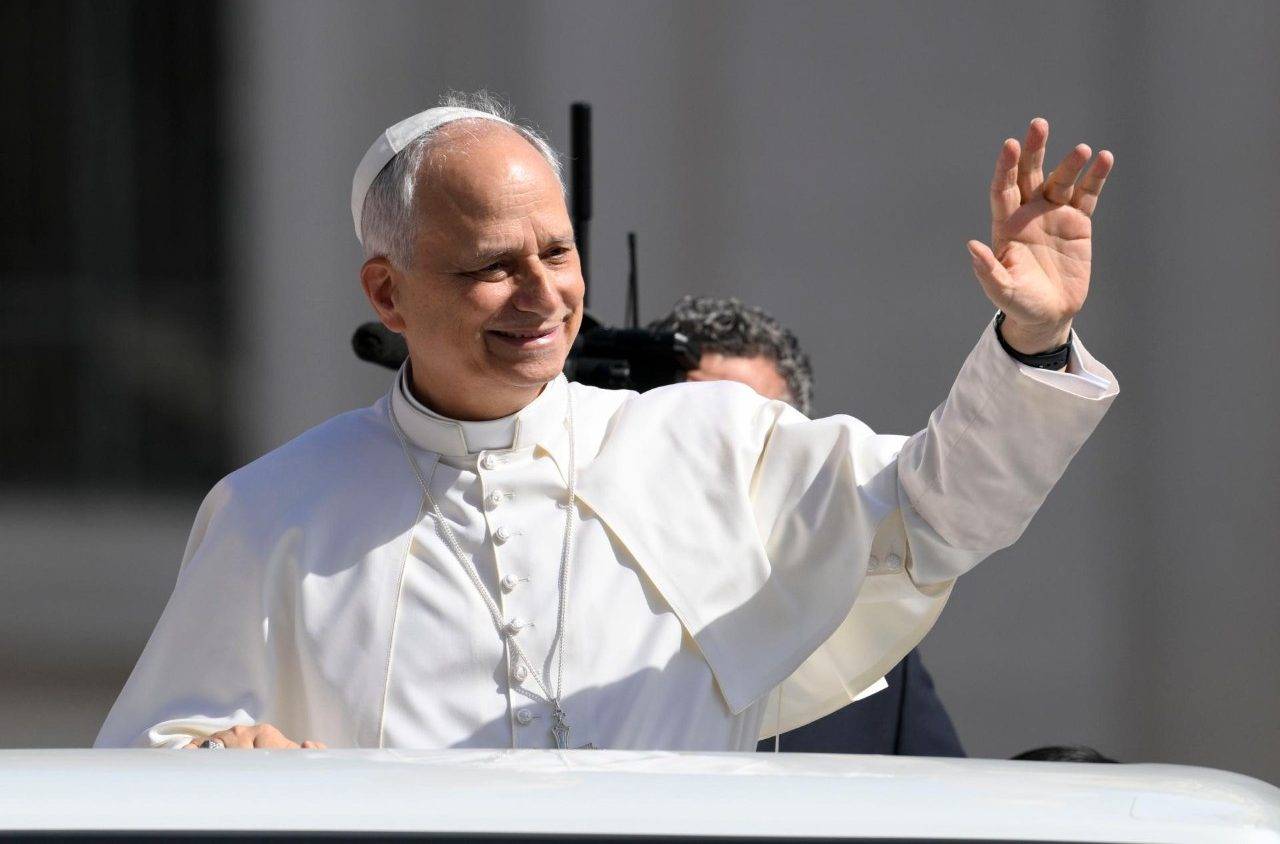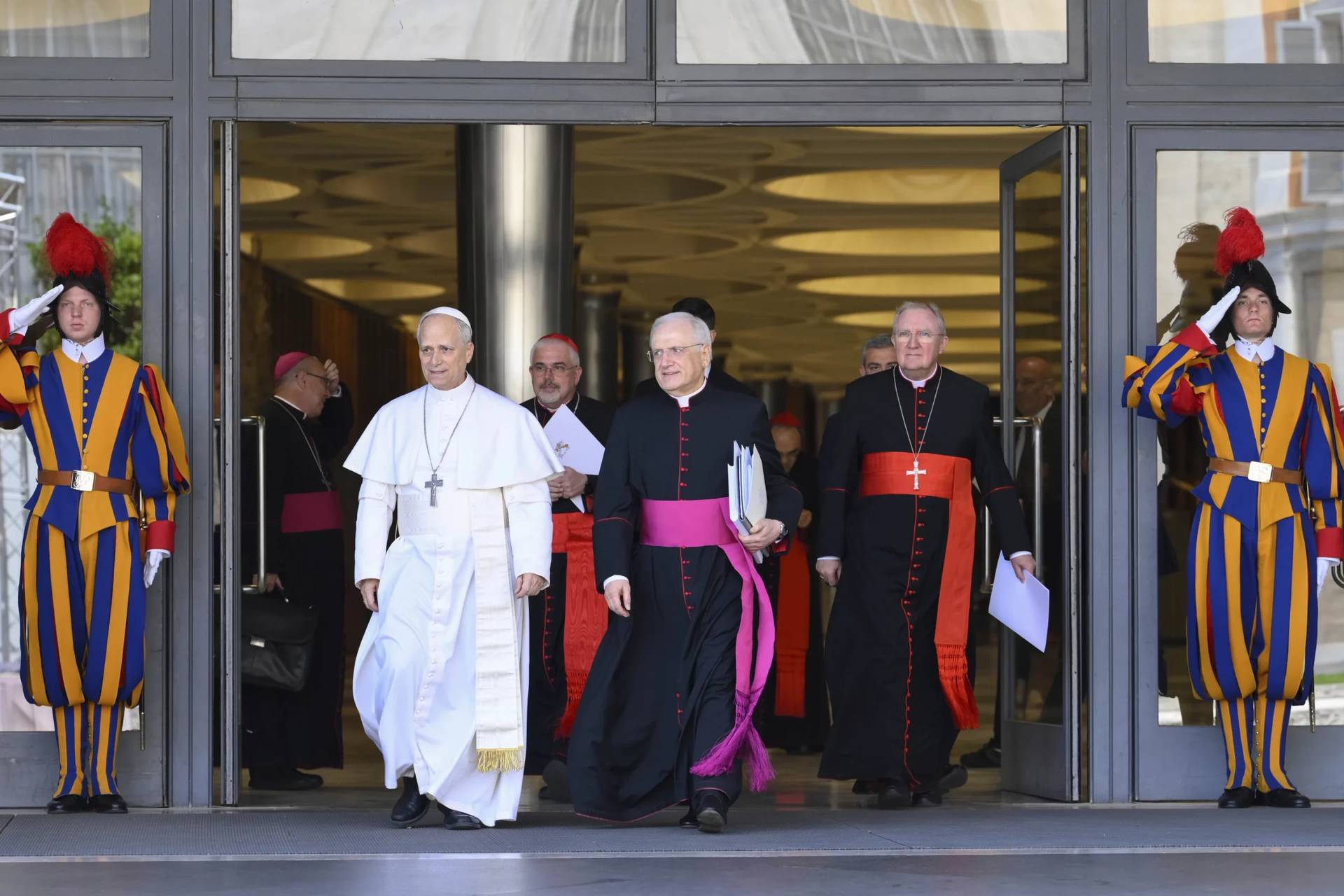[On Sunday, Oct. 9, Pope Francis announced a consistory on Nov. 19 for the creation of 17 new cardinals, including 13 under the age of 80 and therefore eligible to vote for the next pope. Crux is offering a series of profiles of the new cardinals.]
Next month Pope Francis will hold his third consistory, meaning the event in which popes create new cardinals, for a total of 56 new cardinals under this pope in all, and so far it’s actually easier to tell why Francis doesn’t give red hats than why he does.
What’s clear is that Francis does not believe certain historically prestigious or dominant dioceses automatically entitle the archbishop of that place to a cardinal’s red hat. In effect, he’s decoupling the College of Cardinals from the office individuals may hold.
Beyond that, depending on the circumstances, it seems that Francis may award a red hat to honor a specific place, to spotlight a specific cause, or because a specific person simply is his kind of bishop.
In the case of Archbishop John Riat of Papua New Guinea, one of 17 new cardinals to be created by Pope Francis on Nov. 19 and one of 13 electors, meaning cardinals under the age of 80 and therefore eligible to vote for the next pope, all three appear to be in place.
Ribat, just 59 years old, is a native Papua New Guinean who’s also a member of the Missionaries of the Sacred Heart of Jesus, an order founded in France in 1854 which arrived in Papua New Guinea in 1882. The country is almost 96 percent Christian, with 70 percent Protestant and roughly one-quarter Catholic.
First of all, Francis is very much a pope of the peripheries, and by standards both geographic and developmental, it’s hard to get much more peripheral than Papua New Guinea.
We’re talking about a nation in Oceania that occupies half of the island of New Guinea and its offshore islands in Melanesia. It’s traditionally been so isolated and unorganized that a grand total of 852 languages have been registered among its seven million people, and to this day, only 18 percent of the population lives in urban centers.
Although the country lately has enjoyed strong growth in its mining and natural resource sector, 40 percent of the population is still believed to live a subsistence lifestyle with no access to global capital. It’s also one of the least explored nations in the world, and there are believed to still be utterly uncontacted peoples living in the interior.
As a result, by naming a cardinal to Papua New Guinea, Francis has reached out to about the most far-flung periphery any pope ever contemplated.
Second, by elevating Ribat the pope is also giving a plug to a cause near and dear to his heart, which is environmentalism and the fight against global climate change.
Francis’s leadership on the climate change issue is abundantly documented, captured in his eco-encyclical Laudato Si’, released in June last year, and it reached a crescendo in the Vatican’s aggressive push for strong measures at the Paris climate change summit in December 2015.
In the run-up to that event, Ribat emerged as a leading religious voice in the South Pacific in favor of strong limits on carbon emissions. In a Vatican press conference in October 2015, two months before the Paris summit, he was viscerally emotional.
“In Oceania, our survival and existence are at stake,” he said at the time. “What we are asking for is a fair, legally binding and truly transformational agreement by all the nations on earth.”
Speaking for Oceania, Ribat said, “God gave us the same dignity as all other countries and continents in the world. But we belong to those groups most affected by climate change and sea-level rise.”
“This is my urgent call,” Ribat said to those who would negotiate in Paris: “Guarantee the future of Oceania. Change society to a low-carbon lifestyle.”
Third and finally, Ribat is simply a Pope Francis kind of guy.
Cardinal John Dew of New Zealand, who was also inducted into the Church’s highest club by Pope Francis and who’s seen as a pastoral, center-left figure cut from the pontiff’s own cloth, heaped praise on Ribat.
“This is much more than a choice of geography, Dew insisted after Ribat’s selection was announced.
“Archbishop Sir John Ribat is a humble, pastoral and committed leader in his country and the wider Oceania region, and this is acknowledgment of that and a call to further serve the global Church,” Dew said.
Aside from his clear passion for the poor, Ribat also opposed a press in Papua New Guinea to revive the death penalty, which had been abolished 50 years before.
“We do not have the right to [end someone’s life], but we do have the right to better a person’s life,” he said.
Ribat also opposed a press by revivalist evangelicals in Papua New Guinea in 2014 to substitute prayer for the cocktail of drugs to treat HIV/AIDS, saying, “Our concern as churches is to come together to address this HIV and AIDS and fight against the discrimination that continues to divide us.”
When his appointment to the College of Cardinals was announced, Ribat struck a characteristically humble Pope Francis stance.
“The church is for the poor, that’s how he sees it and that’s I think what’s in his mind and how he wants to show it, not only to the traditional places but even to reach out to the small, small places,” he said.
Presumably, popes generally have a checklist when they’re looking to appoint new cardinals, and also presumably, they can’t always check all the boxes in every case.
When it comes to Francis’s new man in Papua New Guinea, however, it’s hard to imagine this Pope of the Peripheries, of the Poor, and of a Humble Church, sees much to regret.

















